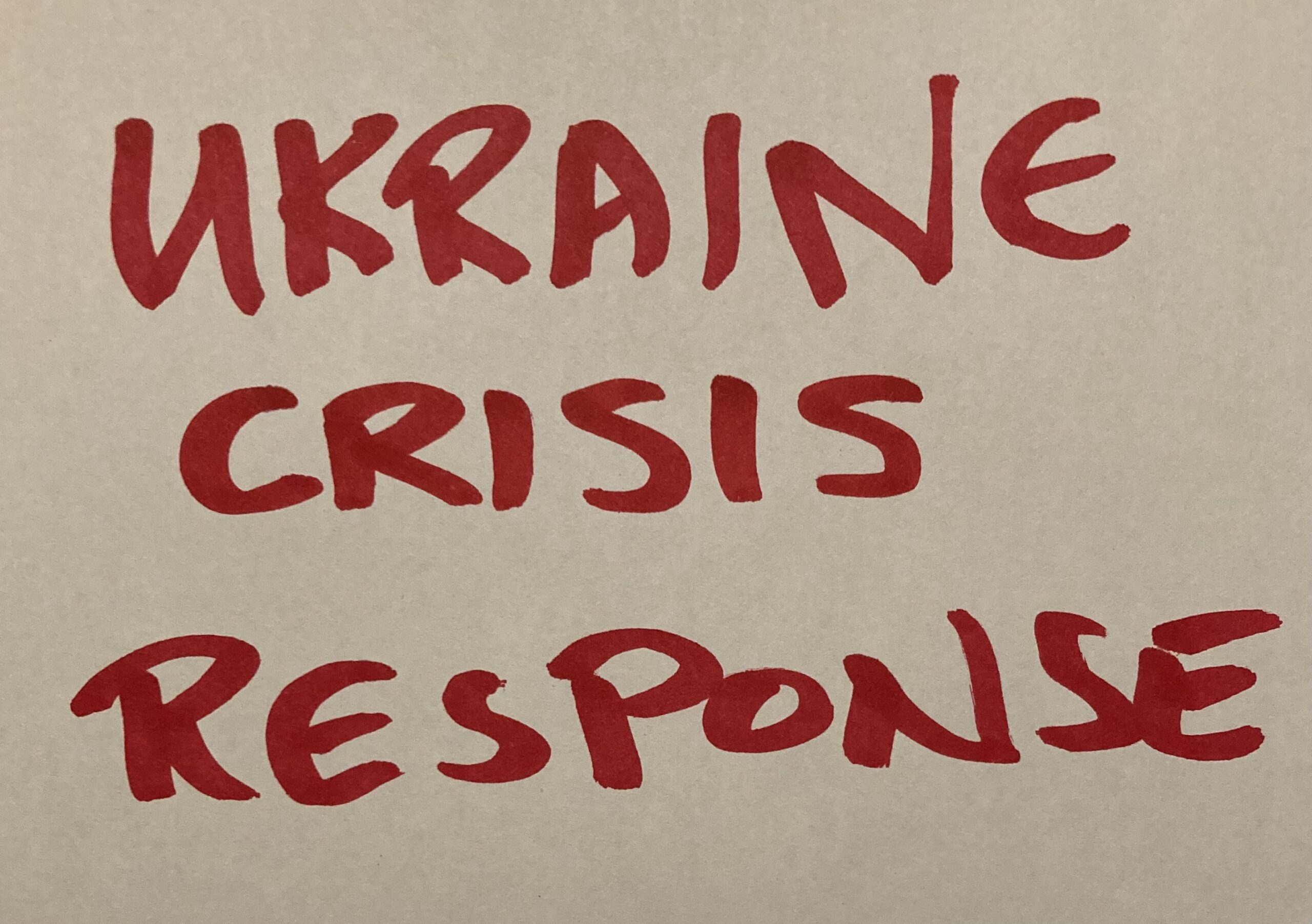use the right language – displaced Ukrainians, or Ukrainian refugees?
March 22, 2022
The harm inflicted on Ukraine by Russia is horrific. And it is deeply impacting Ukraine’s people who are fleeing for safety by the millions into neighbouring countries and beyond.
We need to do everything we can to help.
As we do, keep the following in mind, and take appropriate action.
Ukrainians: are they refugees? – use language carefully
If you listen closely to media reports, and in general conversation, you’ll hear the word “refugee” being used to describe Ukrainians crossing their border into nearby countries.
Indeed, everything about their situation is accurate to the definition of a refugee: someone who has fled their country and fears returning because their life is in danger.
Two factors muddle the use of the word refugee:
- inconsistent application based on emotion and perception (the term “refugee” is exploitable)
- complex, technical, legal processes that are used to determine if someone fits the definition and merits refugee protection.
Under international refugee law, with its roots in 1951 Convention Relating to the Status of Refugees (Refugee Convention), a person becomes a “Refugee” when either the United Nations High Commissioner for Refugees (UNHCR) or the safe country they are in verifies their refugee status through an independent legal process. Getting “Convention Refugee” status is a powerful protection under international law.
A person may fit the definition of a refugee perfectly, but until they undergo the legal determination process and a decision is made, they don’t have refugee status and the rights that come with it.
The challenge with you and I determining refugee status is that we are fickle in our application of the term, often driven by our own emotions, which are often charged with deep biases and unconscious assumptions. At best, this can lead to a flood of goodwill and generosity. At worst: severe, unfair discrimination.
Perhaps one way to think of it is lowercase-r refugee and uppercase-R Refugee.
A person can be a refugee – having fled war, violence, conflict or persecution and having crossed an international border to find safety in another country. In this situation, this person is vulnerable to the gaze and prejudgements of those of us secure behind our borders and country identities.
This same person cannot become a Refugee – and get the protection and the rights that come with it – until they have gone through a legal determination process.
People who come to Canada believing themselves to be refugees and seeking safety are called “refugee claimants” as they pass through Canada’s legal refugee determination system.
It takes refugee claimants in Canada months, and sometimes years, to get Refugee status if they merit it. Convention Refugee or Protected Person is what they are called when their claim passes the legal test. It is long journey, through a complex process.
For people who are seeking refugee protection, clarity of language is really important, both to set expectations, and to clarify legal protection rights. In Canada for example, a “refugee claimant” can’t leave the country (limited rights) but a Convention Refugee can get a special travel document (privileged rights) to travel internationally.
For our Ukrainian brothers and sisters, it is absolutely accurate to refer to them as refugees, but when we do, we should do so thoughtfully and carefully, remembering there are international laws pertaining to refugee protection, and that the use of the word refugee is vulnerable to exploitation.
Action you can take:
- be mindful of using the word “refugee” – use the term carefully, accurately, without exploiting it
- use “displaced Ukrainians” rather than “Ukrainian refugees” to be fair to other displaced people experiencing what Ukrainians are experiencing, but not being publicly perceived as refugees
- welcome and honour the dignity of everyone who is going through a displacement experience as though they are Refugees; advocate and support them, and do everything you can to ensure they access and engage a legal process that will fairly decide whether they merit refugee protection (don’t prejudge refugee status)
